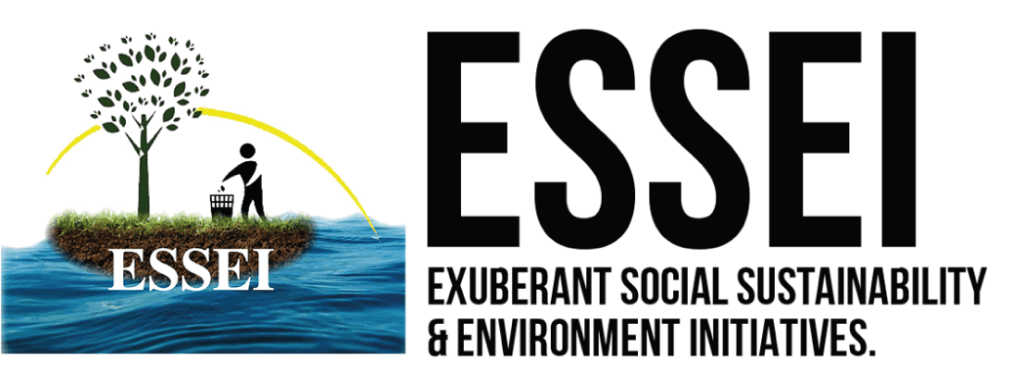Speak your truth, change the world.
OUR OBJECTIVE
The objective of programmes in this thematic area is to strengthen participants' knowledge with practical and necessary tools for influencing policies, practices, and their way of living.
ESSEI provides services to people facing multiple barriers to employment and those who are survivors of violence and/or abuse, helping them to achieve positive changes in their lives. This includes increasing life and entrepreneurship skills, building community connections, and obtaining employment. ESSEI targets the improvement of life management skills for youth and women in areas such as self-esteem, relationships, communication, assertiveness, advocacy, coping strategies, as well as stress and anger management, and social isolation.
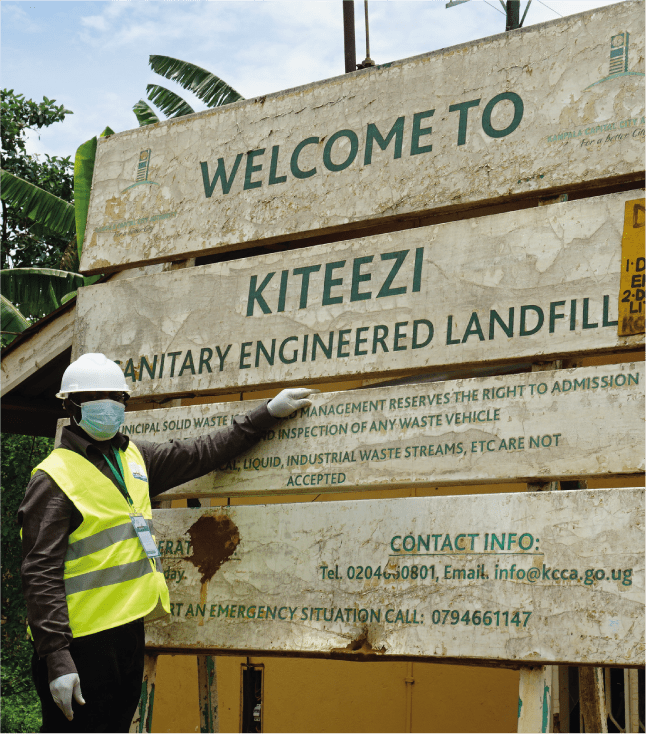
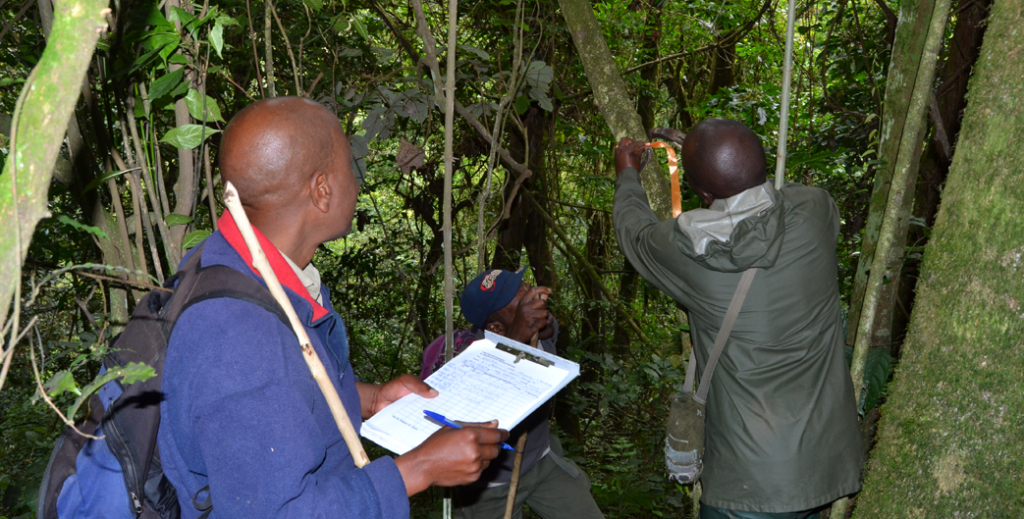
Nature is Our Home
One of the regulators of social conduct is the how and through ESSEI, we intend to use the law as an enforcement mechanism to ensure a clean and healthy environment by providing legal aid in a number of ways
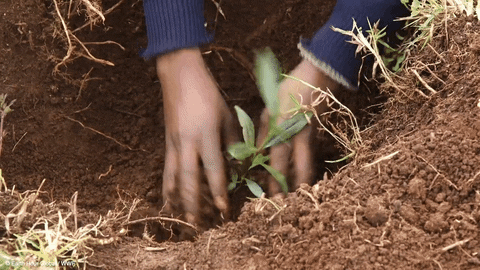
Supporting establishment of Alternative Dispute Resolution (ADR) structures and providing Alternative to Violence Peace trainings (AVP)
Menstrual health and hygiene management (MHHM) involves a set of practices and behaviors that aim to ensure that women and girls can manage their menstruation safely, hygienically, and with dignity. It involves access and proper disposal of menstrual products, personal hygiene, and access to adequate sanitation facilities. A survey conducted in 2018 by Water Supply and Sanitation Collaborative Council (WESCO) indicated that 79% of girls in Uganda reported that they miss up to 5 days of school each month due to their periods, and 17% miss up to 10 days, yet only 44% of girls in Uganda have access to sanitary pads, and many are forced to use unhygienic materials such as old clothes, and newspapers.
Currently, there are measures in place to enhance MHHM in the nation including research, education and awareness campaigns, distribution of menstrual products, and development of innovative solutions such as reusable pads, and biodegradable menstrual products. Women and girls are being taught how to make and use reusable sanitary pads. Organizations are backing policy change by lobbying for the inclusion of menstrual health in national health policies, and advocating for the provision of menstrual products in schools, workplaces, and public facilities. However, the present initiatives are not sufficient to meet the increasing need.
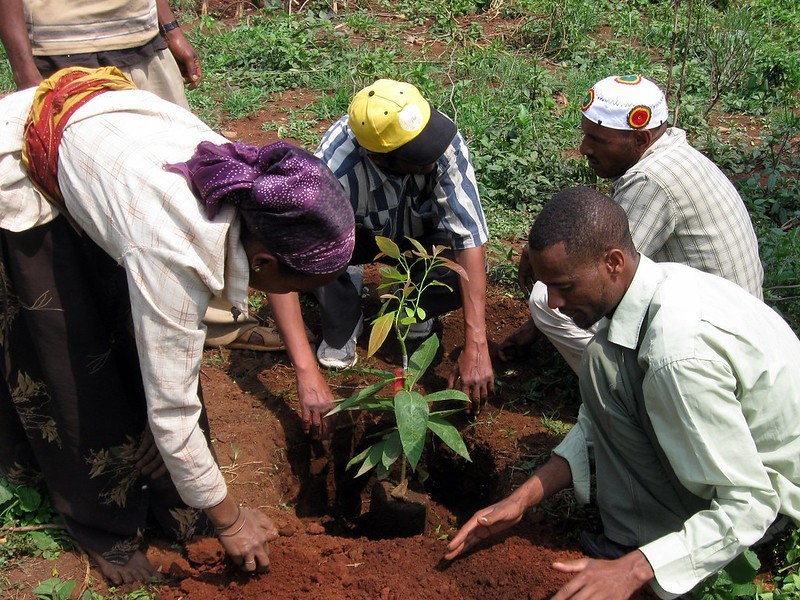
We support the establishment of ADR structures and provide AVP training tailored to specific groups, such as youth, women, and other marginalized communities, by partnering with local communities and leaders. We provide resources and training to build the capacity of these structures and promote their use to resolve conflicts peacefully. We also work with government bodies and other relevant stakeholders to ensure the recognition and sustainability of these structures.
Our activities in this area provide a more efficient and cost-effective way of resolving disputes while helping individuals and communities develop skills for resolving conflicts in a non-violent and respectful manner. According to a 2022 article by the Daily Monitor, the total case backlog in Uganda stood at 50,592 cases (30.11%) against 168,007 pending ones as of 2021. By implementing these approaches, we facilitate the reduction of the burden on the formal justice system and contribute to the development of more harmonious and peaceful communities.
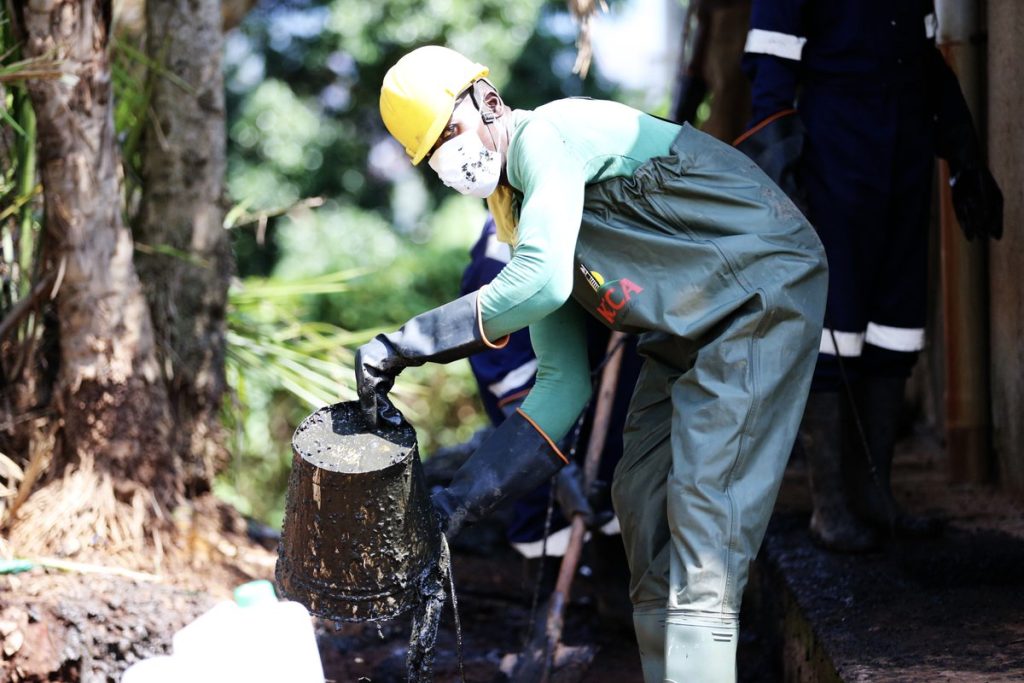
Implementation of life skills projects
In this aspect, designing and execution of initiatives that aim to equip individuals with the knowledge, skills, and attitudes needed to navigate various challenges in life is tackled. These initiatives include decision-making, problem-solving, communication, and interpersonal relationships. The projects target different age groups and cover various topics, such as health, education, employment, and social issues, which result in proper grooming and upbringing of children and youths.
In Uganda, various organizations and programs are running life skills and vocational training programs for vulnerable youths, some providing life skills and mentorship programs specifically for girls. Additionally, the Ministry of Education and Sports has integrated life skills education into the national curriculum to equip students with essential life skills. However, there is inadequate funding, limited access to resources, inadequate monitoring and evaluation systems, and inadequate coverage of marginalized and hard-to-reach populations. Additionally, there is a need for more emphasis on the local context and cultural relevance of life skills programs to ensure their effectiveness and sustainability.
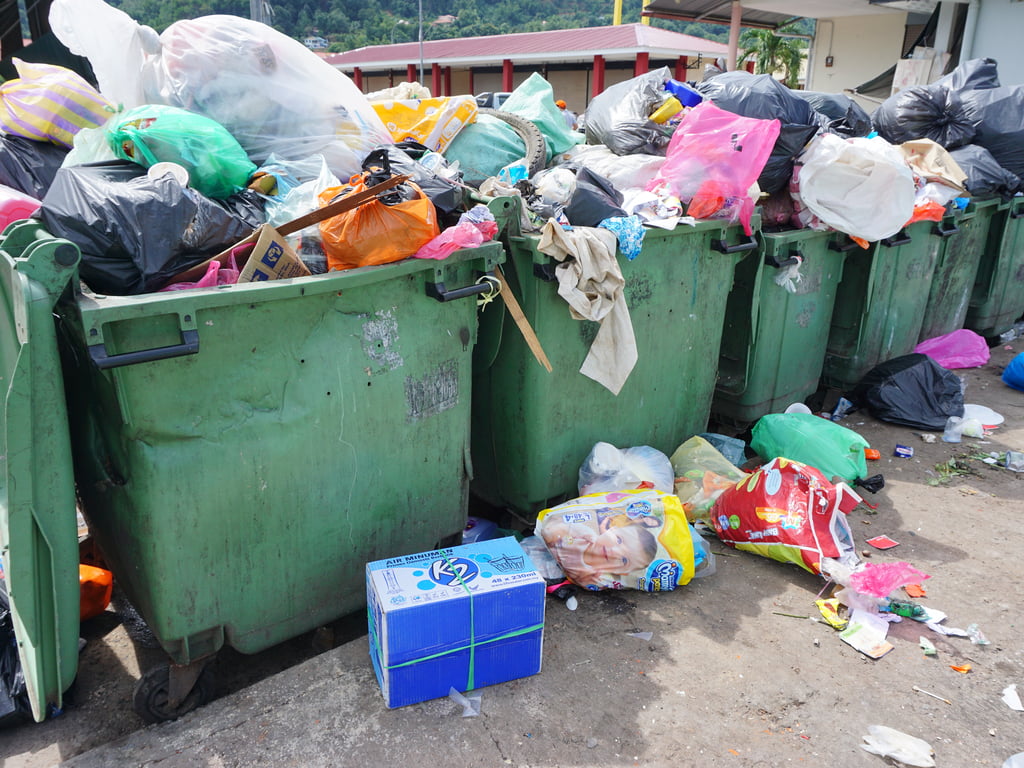
We advocate for increased funding from government and donor agencies to support the implementation of projects that provide training and resources to enhance our capacity to deliver effective life skills programs. We have also established robust monitoring and evaluation systems to track the progress and impact of life skills projects and identify areas for improvement. In addition, we ensure that life skills programs are adapted to the local context to enhance their effectiveness and relevance to the target population. We aim to empower individuals and communities, contribute to sustainable development, promote gender equality, and foster partnerships and collaboration among stakeholders. We also aim to improve the health, education, and economic outcomes of participants. This is crucial for achieving social development goals and improving the lives of individuals and communities in Uganda.
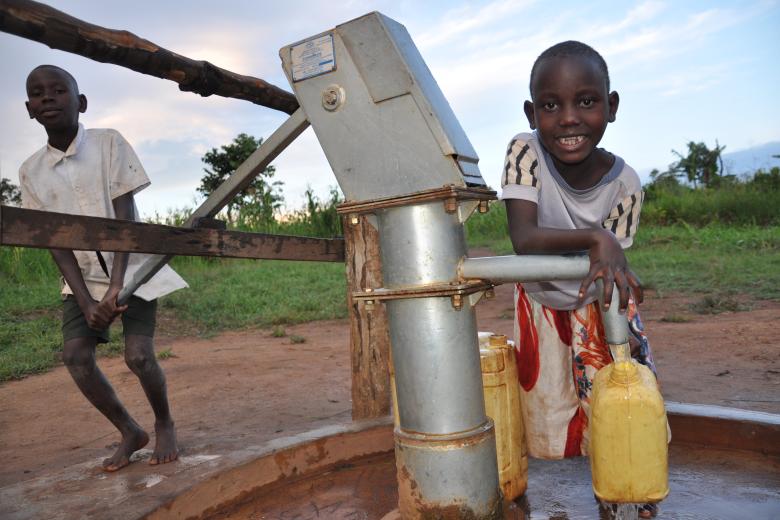
Promoting women into leadership structures
Opportunities are being created and support is provided for women to assume leadership roles in various spheres of society. These include politics, business, education, and community development. The initiatives being implemented include affirmative action policies, mentorship, and leadership training programs. Gender equality and women’s empowerment are also being advocated for. The goal is to increase women’s representation and participation in decision-making processes. This will promote gender-sensitive policies and practices that advance women’s rights and improve gender equality.
Under Goal 5 of the Sustainable Development Goals (SDGs), countries have committed to promoting women’s full and effective participation and equal opportunities for leadership at all levels of decision-making. Uganda has integrated SDGs into its National Development Plan and according to the UN Women Data Hub, as of February 2021, 34.9% of seats in the Ugandan parliament were held by women.
However, there are still significant challenges and gaps to achieving gender equality in leadership. These include cultural barriers, gender-based violence, and limited access to resources and opportunities. More concerted efforts are needed to promote women’s leadership and address underlying gender inequalities that hinder women’s participation and advancement in leadership positions.

We are promoting women into leadership structures by providing specialized leadership training and mentorship programs, advocating for policies and practices that promote gender equality and women’s empowerment, and conducting research and collecting data on women’s participation in leadership positions to inform policy and advocacy efforts. We encourage women’s participation in decision-making processes and partner with other organizations and stakeholders to advance gender equality and promote women’s leadership.
The benefits of promoting women into leadership structures are numerous and far-reaching, including bringing increased diversity, improving governance, facilitating economic growth, challenging gender norms, and improving health and well-being outcomes. This is a critical step towards achieving gender equality and creating more inclusive, prosperous, and healthy societies, which we are determined to do as ESSEI.

Availing recreational facilities and youth centers to communities
Recreational facilities are designed to provide individuals with opportunities for leisure and enjoyment. They are typically open to the public and offer a range of activities and programs for people of all ages and backgrounds. Youth centers are community spaces designed specifically for young people, offering a range of recreational and educational programs and activities, as well as support services such as counseling and mentoring. They are intended to provide safe and supportive environments for young people to learn, grow, and connect with their peers.
In Uganda, there are mainly parks, beaches, movie theaters, bowling alleys, amusement parks, and sports fields. However, these facilities are less prevalent, particularly in rural areas, due to limited funding, inadequate infrastructure, limited accessibility, and minimal awareness of the importance of recreation and youth centers. This suggests that there is a need for more recreational facilities and youth centers in Uganda.

As ESSEI, our role is to develop and manage recreational facilities and youth centers with well-planned activities and programs relevant to the target audience. We ensure that the facilities are safe and appropriate for the intended use, have the right staff and equipment, conduct research and evaluation to assess the impact of the facilities and programs, and identify opportunities for improvement. The facilities we set up include leisure parks, sports fields, gyms, community centers, and art centers.
By making recreational facilities and youth centers available, we are promoting the health and well-being of individuals and communities, especially for young people who may be at risk of social isolation or other challenges. These spaces provide opportunities for physical activity, creative expression, and social interaction, helping to build skills, confidence, and resilience. We are pleased to be contributing to this effort.
